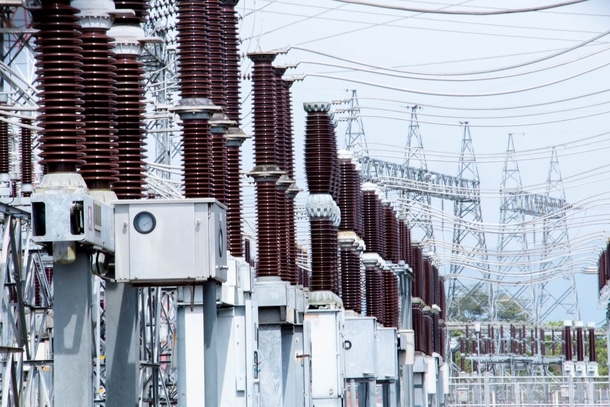The Australian Renewable Energy Agency has released a report which asks for an overhaul of the current grid regulations in support of demand management initiatives.
The state of the energy market according to the report is that currently installing poles and wires is favored as the way of growing infrastructure in the industry.
By adopting energy management strategies it could help to reduce demand while also lowering consumer’s power bills which are set to rise once again.
Demand management includes offering customers incentives through cutting down their energy use though appliances as well as using energy during non-peak periods during the day.
What does the report say?
The study which was undertaken by the Institute for Sustainable Futures (ISF) at the University of Technology Sydney revealed that current infrastructure building was more profitable then demand management solutions.

By making moves towards shifting the dynamics between customers and businesses as well as removing regulatory bias against demand management it could reap very successful results says ISF Project Director Chris Dunstan in a media release,
“Our study has found a clear and quantifiable bias in the regulatory incentives in favour of building network infrastructure over energy saving, local generation and storage solutions, which would offer a better deal for customers.”
“Intelligently reducing electricity demand can be just as useful as increasing supply, and is often cheaper and quicker to achieve,” Mr Dunstan said.
Summary of findings
The report which was in part to help assist the Australian Energy Regulator is to aid a Demand Management Incentive Scheme. Some of the key finding from the report are:
- The study has revealed significant bias against demand management in Australia’s national electricity regulations.
- The study examined four generic scenarios of supply constraints in the grid as case studies, and compared the cost and benefits of network infrastructure and demand management solutions.
- Analysis of these scenarios found that bias in economic incentives meant that investing in new network infrastructure was often more profitable for network businesses, even where demand management solutions were found to deliver lower costs for consumers.
- The study concluded that creating incentives for demand management would improve reliability and reduce carbon emissions while also reducing power bills.












































